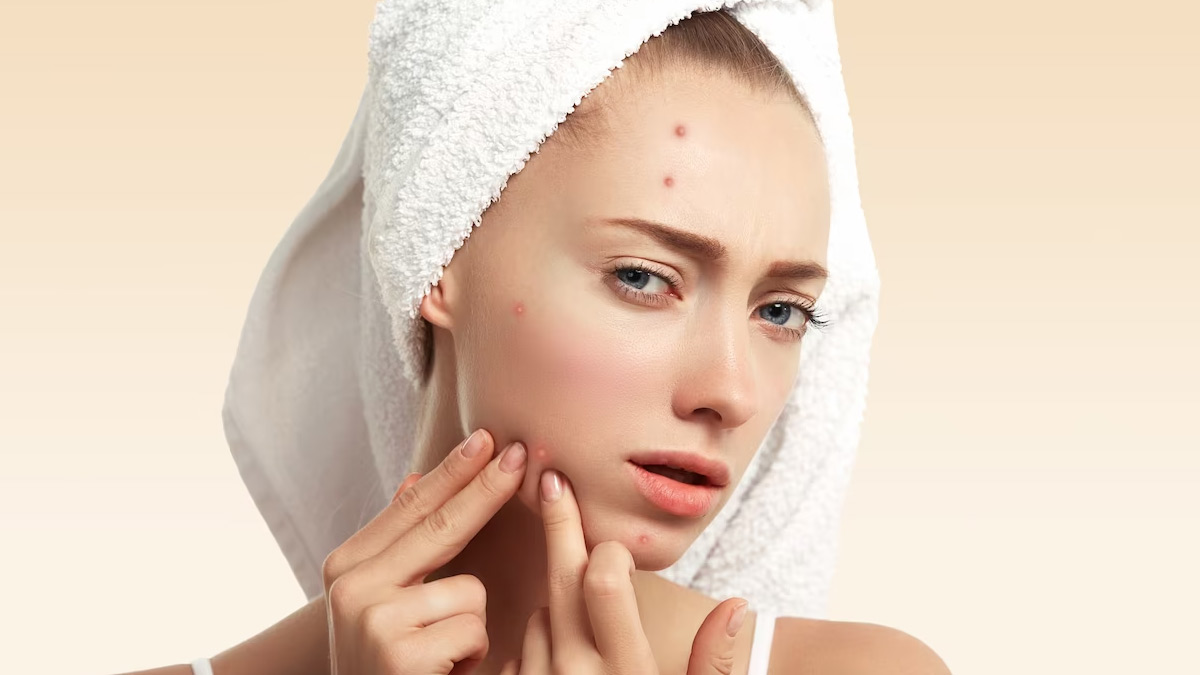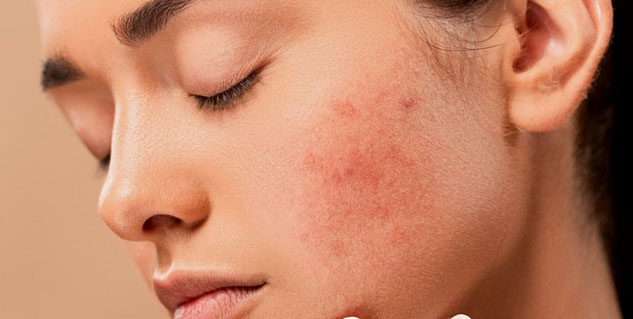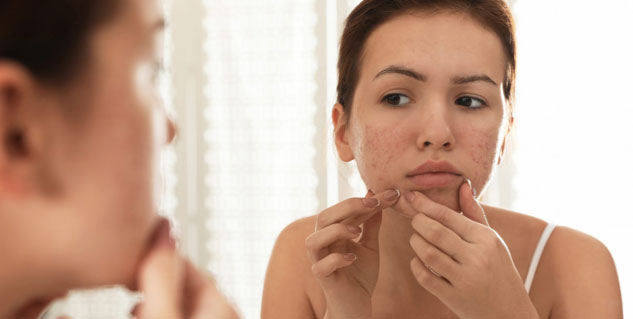
Our skin, the largest organ in the body, serves as a mirror reflecting our internal well-being. According to our expert Dr Pallavi Singh, Visiting Consultant, Max Multi Speciality Centre, Panchsheel Park, any form of physical or mental stress can have profound effects on skin health. Understanding the link between stress and skin conditions is crucial for adopting a holistic approach to skincare.
Table of Content:-
The Physiology of Stress and Skin
When the body experiences stress, it responds by releasing neurochemicals such as epinephrine, norepinephrine, and cortisol. These chemicals can target the skin, leading to inflammation and an increased susceptibility to infections. Over the long term, this physiological response can give rise to new skin problems or exacerbate existing conditions.

Common Skin Conditions Aggravated by Stress
Conditions such as acne, hair fall, alopecia areata, psoriasis, vitiligo, eczema, rosacea, urticaria (hives), compromised wound healing, and premature ageing are commonly worsened by chronic stress. Additionally, psychological disorders like increased itching, obsessive-compulsive disorder (OCD), and trichotillomania can manifest through skin symptoms.

Holistic Approach to Skin Health
Dr Pallavi Singh emphasises the importance of a holistic approach to maintaining skin health. This involves addressing the basics of eating and sleeping right, as these factors should not be trivialised in times of stress. Seeking the guidance of a dermatologist is essential for the effective treatment of skin conditions exacerbated by stress.
Mind-Body Practices for Stress Management
To mitigate the effects of stressors on the skin, incorporating mind-body practices into a skincare regime is crucial. Practices such as meditation, yoga, breathwork, mindfulness-based stress reduction, and acupuncture have been shown to positively impact skin health. These techniques not only promote relaxation but also contribute to overall well-being.

Professional Support for Mind and Behavioral Therapy
In cases where stress becomes overwhelming, seeking professional help for mind and behavioural therapy is recommended. Initiating and progressing with therapeutic interventions can significantly contribute to stress reduction and, consequently, improvement in skin conditions.
Bottomline
Understanding the intricate link between stress and skin conditions highlights the importance of adopting a comprehensive approach to skincare. By addressing both the physiological and psychological aspects of stress, individuals can work towards achieving optimal skin health. Dr Pallavi Singh's insights underscore the significance of combining dermatological interventions with mind-body practices for a holistic and effective approach to skincare.
Also watch this video
Read Next
From Acne, Wrinkles, Scars, And Dry Skin, Here’s How Tamanu Oil Is A Must In Your Skincare Routine
How we keep this article up to date:
We work with experts and keep a close eye on the latest in health and wellness. Whenever there is a new research or helpful information, we update our articles with accurate and useful advice.
Current Version
